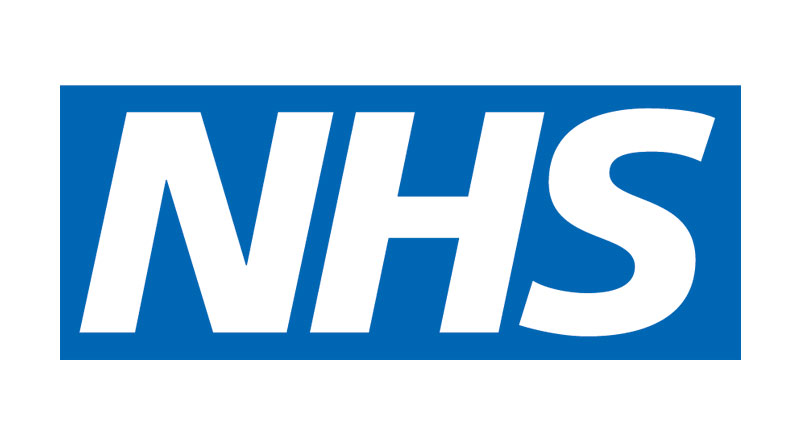NHS And Other Professional Bodies’ Response To The Sunday Times Allegations
The NHS along with several other professional bodies have issued a strong rebuttal to this weekends Sunday Times allegations regarding elderly care during Covid crisis.
The Sunday Times ran a story alleging that frail and elderly patients were denied care by clinicians in wave one of the coronavirus pandemic, in part because clinicians drafted a triage tool for use if the NHS was overwhelmed.
The response from the NHS, along with the other professional bodies referenced in the Sunday Times story, and responses to case studies cited by the newspaper, is below, together with detailed factual explanations for why the Sunday Times’ claims are demonstrably wrong.
Dr Alison Pittard, Dean of the Faculty of Intensive Care Medicine, said: “Throughout the first wave of Covid-19 the NHS did not run out of critical care capacity, which remained available to everybody who would benefit from it.
“As we learned more about Covid-19 treatment changed as it became clear that oxygen therapy, that can be delivered on general wards, is often more beneficial than being on a ventilator.
“The Faculty of Intensive Care Medicine has been clear throughout that doctors should make decisions about patients’ treatment just as they normally would.”
Professor Stephen Powis, NHS national medical director, said: “These untrue claims will be deeply offensive to NHS doctors, nurses, therapists and paramedics, who have together cared for more than 110,000 severely ill hospitalised Covid-19 patients during the first wave of the pandemic, as they continue to do so today.
“The Sunday Times’ assertions are simply not borne out by the facts: it was older patients who disproportionately received NHS care – over two thirds of our Covid-19 inpatients were aged over 65.
“The NHS repeatedly instructed staff that no patient who could benefit from treatment should be denied it and, thanks to people following Government guidance, even at the height of the pandemic there was no shortage of ventilators and intensive care.
“We know that some patients were reluctant to seek help, which is why right from the start of the pandemic the NHS has urged anyone who is worried about their own symptoms or those of a loved one to come forward for help.”
Dr Katherine Henderson, President of the Royal College of Emergency Medicine, said: “Emergency Departments have been open throughout the pandemic and our top priority has always been patient care and safety.
“While the pandemic has demanded some practical changes to the way we treat patients and we had to learn at pace about how to manage a completely new illness, we did not need to change the critical clinical decisions about the emergency care we offered.
“We want to remind patients that we are here for them and they should not hesitate to seek urgent and emergency care if they need it as one of the serious concerns of the first wave was patients staying away through fear.”
Professor Sir Jonathan Montgomery, co-chair of the Moral and Ethical Advisory Group, said: “We were asked to look at the issue of a Covid-19 triage tool, however, it wasn’t needed.
“Clinicians have been focused throughout the pandemic on assessing the individual needs of their patients and then providing the care that will benefit them best.
“The rapid expansion of critical care capacity ensured that our initial concern that the NHS might be unable to meet all its patients’ needs proved unfounded.”
A spokesperson for the Intensive Care Society said: “The decision-making guidance is derived from work commissioned from an expert group for consideration by Government, which was subsequently stood down on 28/29 March 2020, without DHSC or NHS implementation, after a review of capacity and pandemic trajectory.
“It therefore remained in draft and unpublished at this point.
“Subsequently the draft document was further adapted and refined for release as an independent professional and academic publication.
“The final version, which does not include numerical scoring, was issued for release by the Society on 28 May 2020 with endorsement by other professional bodies across the 4 nations, and carries the status of clinical guidance.
“No interim versions were released, published, endorsed or authorised by the Society or any of the above bodies before 28 May 2020.
“As a professional body, the Intensive Care Society forms guidance to support those working within intensive care.
“Implementation of guidance is the responsibility of individual Trusts.”
The facts
- NHS hospitals did not run out of intensive care beds, so there was never a need to refuse anyone treatment on the basis of NHS capacity.
- Clinicians make decisions about the best course of treatment for their individual patient, based on that person’s specific needs, and wherever possible with relatives, carers or next of kin. That is what happened throughout this pandemic; there was categorically NO blanket national decision to refuse care to any group of people, including on the basis of their age.
- The optimal therapy for most hospitalised Covid-19 patients has turned out to be oxygen therapy, which can be given in a general ward, rather than the patient being sedated on a mechanical ventilator in intensive care, and latest data show that of all Covid-19 patients receiving any form of oxygen therapy, the majority of them were indeed aged 65 or older.
- Older people were not denied admission to ICU during the first wave; actually they comprised the majority of patients admitted to ICU with Covid-19, throughout. This has remained true irrespective of the overall number of patients of any age in England’s ICUs being treated for Covid-19.





